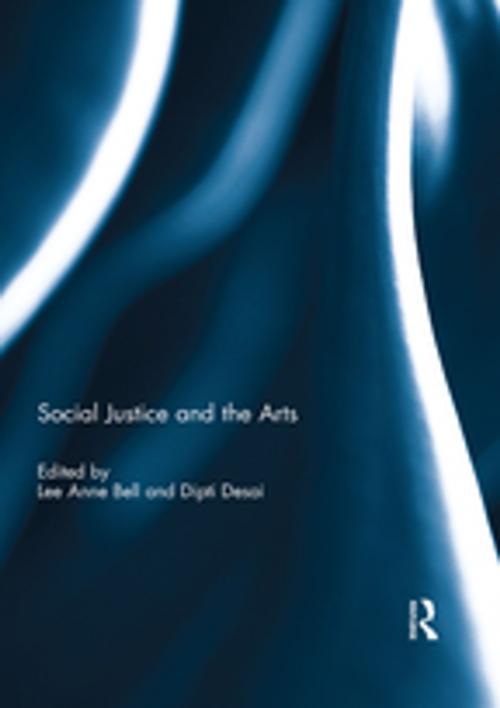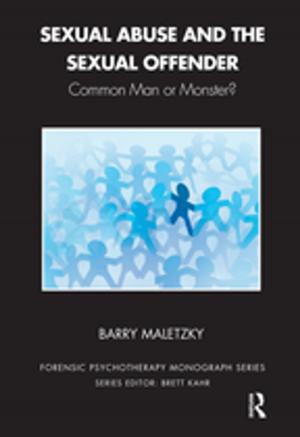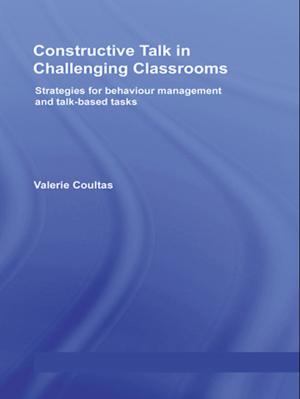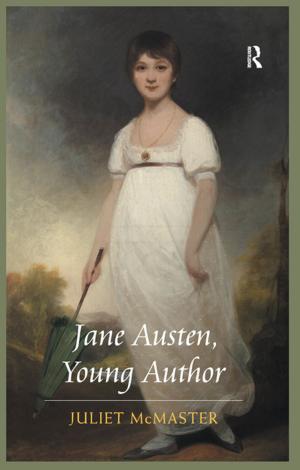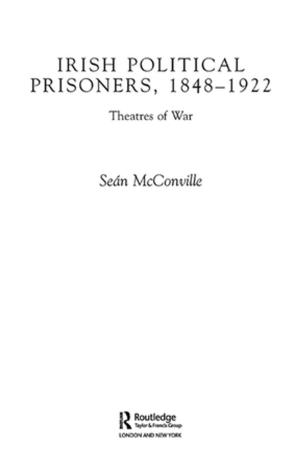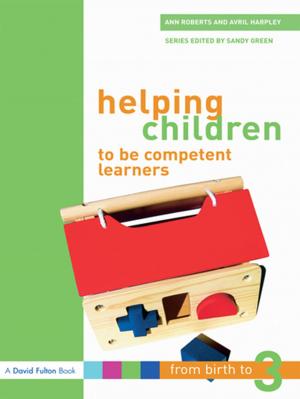| Author: | ISBN: | 9781351548465 | |
| Publisher: | Taylor and Francis | Publication: | July 5, 2017 |
| Imprint: | Routledge | Language: | English |
| Author: | |
| ISBN: | 9781351548465 |
| Publisher: | Taylor and Francis |
| Publication: | July 5, 2017 |
| Imprint: | Routledge |
| Language: | English |
This book explores the relationship between social justice practices and the Arts in Education. It argues that social justice practices, at their best, should awaken our senses and the ability to imagine alternatives that can sustain the collective work necessary to challenge entrenched patterns and practices. Chapters display a range of arts-based pedagogies for challenging oppressive practices in schools, community centers and other public sites. The examples provided illustrate both the promise and on-going challenge of enacting arts based social justice practices that can transform consciousness and organize action toward justice and social change. They show the power of arts-based pedagogies to engage the imagination, reveal invisible operations of power and privilege, provoke critical reflection, and spark alternative images and possibilities. They also show the importance of on-going critical reflection for this work with attention to both the specificities of place and the obstacles (internal and external) to maintaining a social justice stance in the face of contemporary neoliberal discourses. This book was originally published as a special issue of Equity & Excellence in Education.
This book explores the relationship between social justice practices and the Arts in Education. It argues that social justice practices, at their best, should awaken our senses and the ability to imagine alternatives that can sustain the collective work necessary to challenge entrenched patterns and practices. Chapters display a range of arts-based pedagogies for challenging oppressive practices in schools, community centers and other public sites. The examples provided illustrate both the promise and on-going challenge of enacting arts based social justice practices that can transform consciousness and organize action toward justice and social change. They show the power of arts-based pedagogies to engage the imagination, reveal invisible operations of power and privilege, provoke critical reflection, and spark alternative images and possibilities. They also show the importance of on-going critical reflection for this work with attention to both the specificities of place and the obstacles (internal and external) to maintaining a social justice stance in the face of contemporary neoliberal discourses. This book was originally published as a special issue of Equity & Excellence in Education.
